Exact Answer: 2 years
Bankruptcy entails the legal process of liquidating an individual’s assets to repay creditors. This is considered the last resort available to a potential defaulter. When the person is unable to repay the sums of money borrowed from creditors, bankruptcy is cited as the most prudent solution for repayment.
FHA or the Federal Housing Administration offers loans to individuals who want to invest in purchasing a house but are unable to conjure the credit needed from conventional avenues like banks. It is aimed at helping low to moderate-income borrowers. This is a kind of mortgage issued by the FHA to an individual who has filed for bankruptcy.
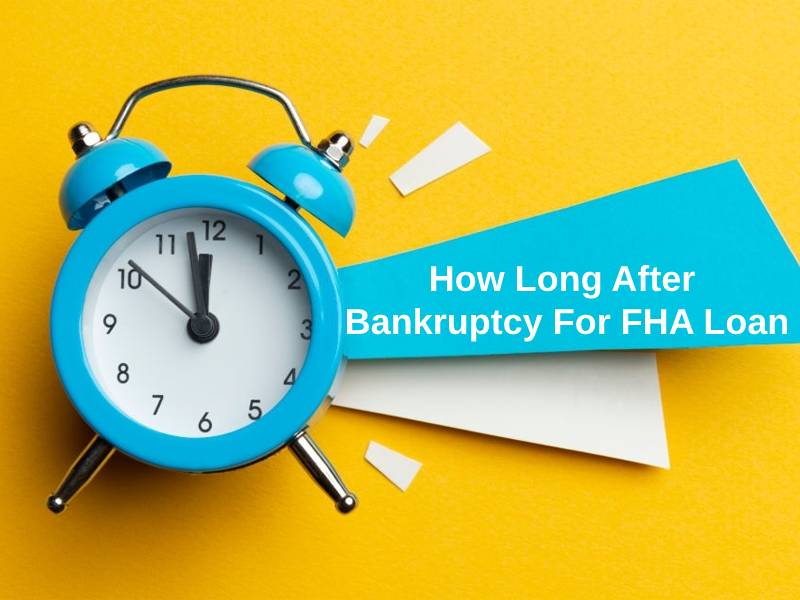
How Long After Bankruptcy For FHA Loan?
The general norm is that an individual can apply for an FHA loan after 2 years of his or her case has been discharged by the court. This is the rule with regard to the charge of Chapter 7 as well as Chapter 13 of bankruptcy. Bankruptcy charges under the other Chapters have other stipulated time frames.
The Federal Housing Administration outlines that an individual will be eligible to file an FHA application at least 2 years after the court has dismissed the outstanding bankruptcy charge. However, there are also certain special concessions that are according to certain people under certain outstanding circumstances.
For instance, the FHA rulebook states that if an individual can effectively prove that the bankruptcy was a result of factors outside the purview of the individual’s control then the application for the loan can be filed within merely a year’s time.
Such situations may entail the untimely death of a spouse who was the sole breadwinner of the family, the impact of a natural disaster, retrenchment of employment, or a severe health ailment. If the individual can prove that his or her bankruptcy was a by-product of any of these circumstances, then the FHA will accept the application for a loan within 12 months of the charges being dismissed by a law court.
However, the ground reality remains that the implementation of these norms varies on a case-by-case basis. The level of adherence to these legal norms will be different for different state agencies that handle the filing of the loan application process on behalf of the FHA.
In Summary:
| Circumstances of Application | Time Period of Waiting |
| Normal | At least 2 years after the charge is discharged |
| Special Conditions | At least 12 months after the charge is discharged |
Why Does It Take This Long After Bankruptcy For FHA Loan?
After filing for bankruptcy, the creditworthiness of an individual is holistically destroyed. This is the primary reason why such an individual cannot easily file for other mortgage opportunities. After you have defaulted your creditors once, it becomes extremely difficult to secure loans and mortgages of any kind.
The stipulated time frame of 2 years is accorded to the individual because this is given as the time to boost one’s credit score. The concerned individual must be able to build up a more or less stable and secure credit reputation in these 2 years to be considered a reliable debtor.
Moreover, a special concession is made in the case of unforeseen circumstances that causally resulted in bankruptcy because these cases are a product of unpredictable occurrences. Such an event of bankruptcy resulted from no real mistakes of the individual in question. Therefore, he or she must be granted the benefit of the doubt. Thus, a shorter time frame is needed to build up the trust of creditors.
The most important aspect of this waiting period is that one has to regain the trust of the creditors as a viable risk opportunity. Mortgages are quite significant sums of money and thus require a sufficient guarantee of payback, especially when they are being handed to a recent defaulter.
It is also important to note that an FHA application can be filed much earlier than most other mortgage agencies. This is because it is a federally owned and operated agency. Other crediting agencies like private banks stipulate a period of 3 years or more before such an application can be filed by a formerly bankrupt individual.
Conclusion
Filing for a loan application after bankruptcy can be a long and tedious process. This lengthy process is cut short significantly by the FHA loans that are made available to defaulters under both Chapter 7 and 13 of bankruptcy.
In most cases, the waiting period begins with the dismissal of the charge by the court. A fixed time frame of 2 years is needed before an individual can file for an FHA loan after bankruptcy. However, under special circumstances, this time frame can be reduced to merely 12 months. It is important to cognize that each of these time frames begins with the dismissal of the charge and not from the day the case is filed.

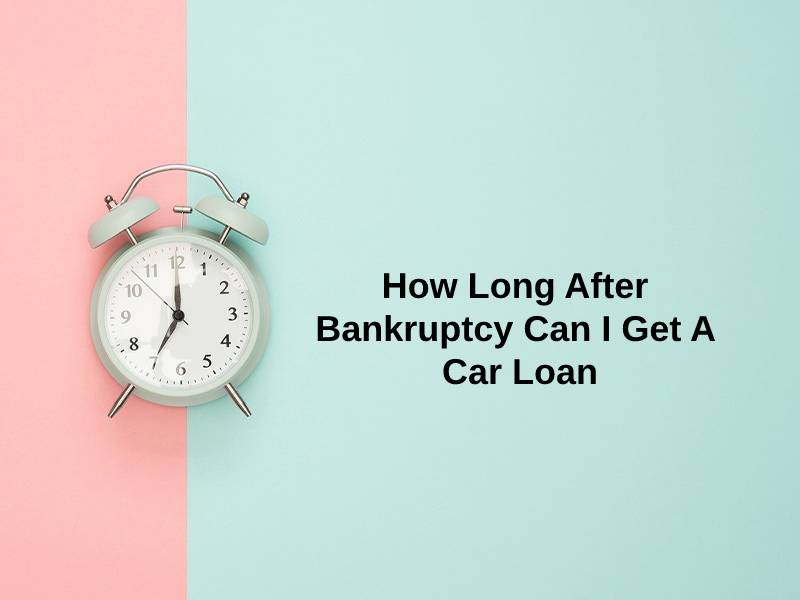

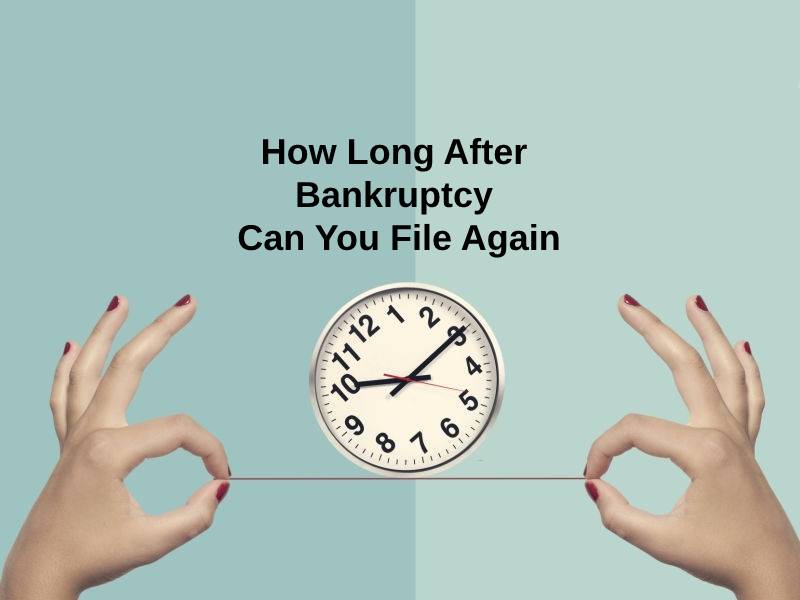

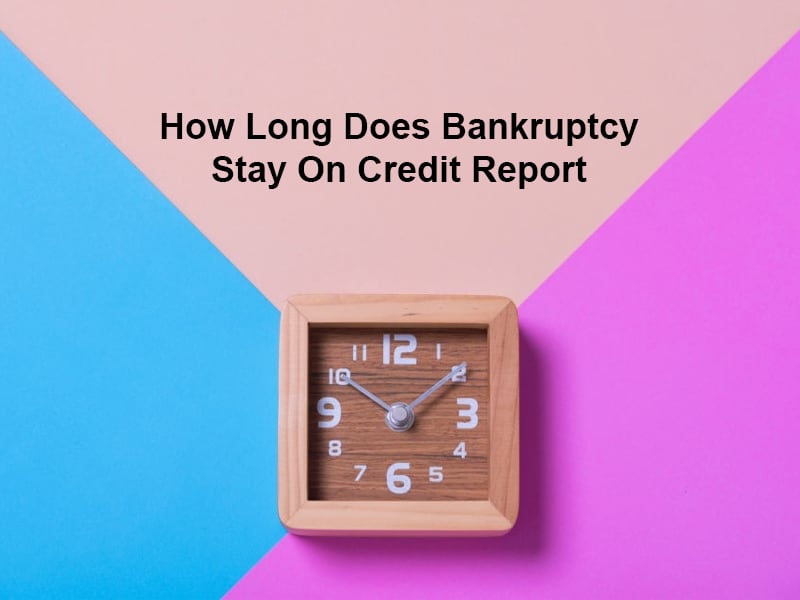


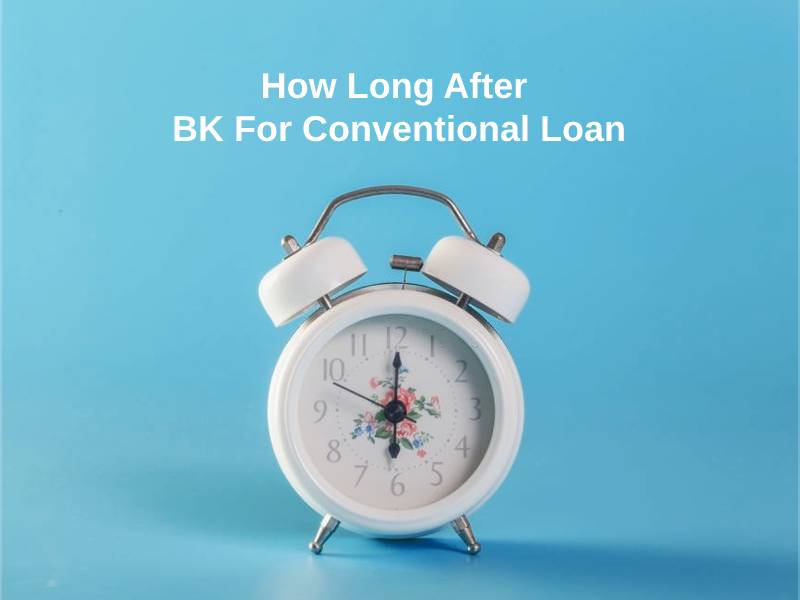

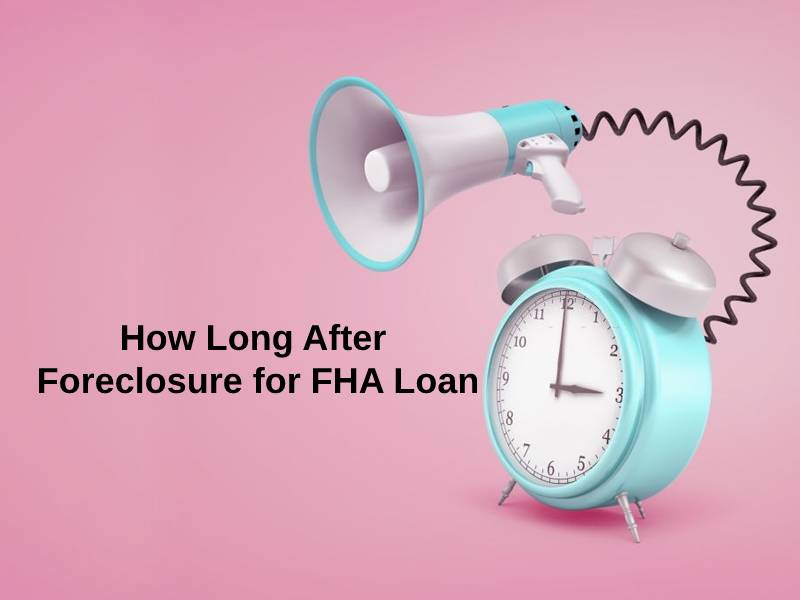

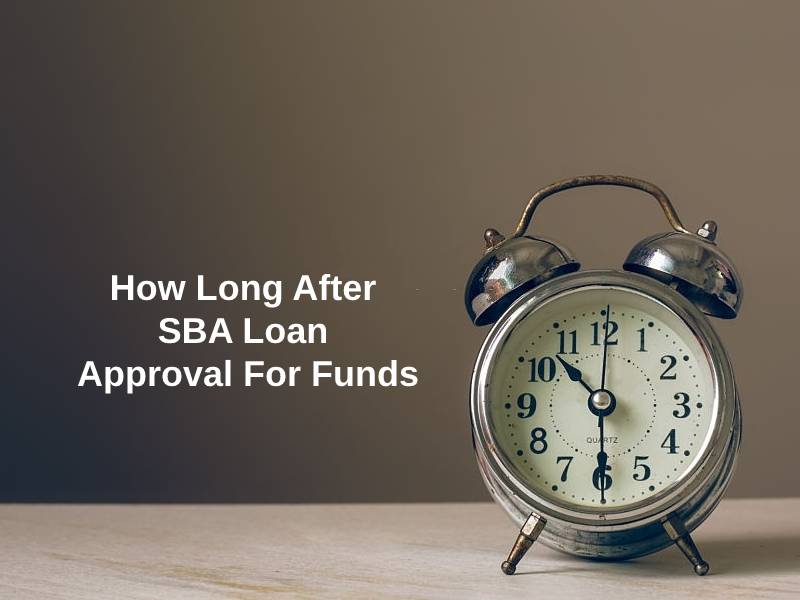

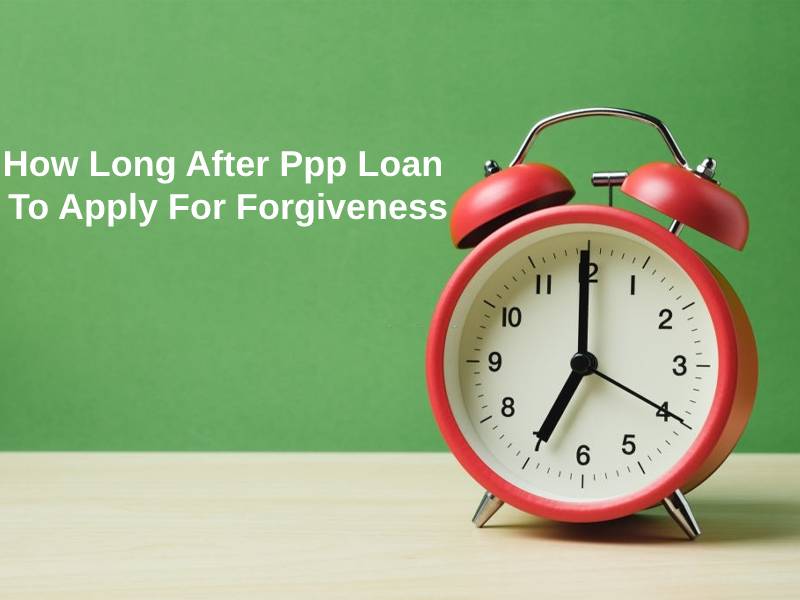
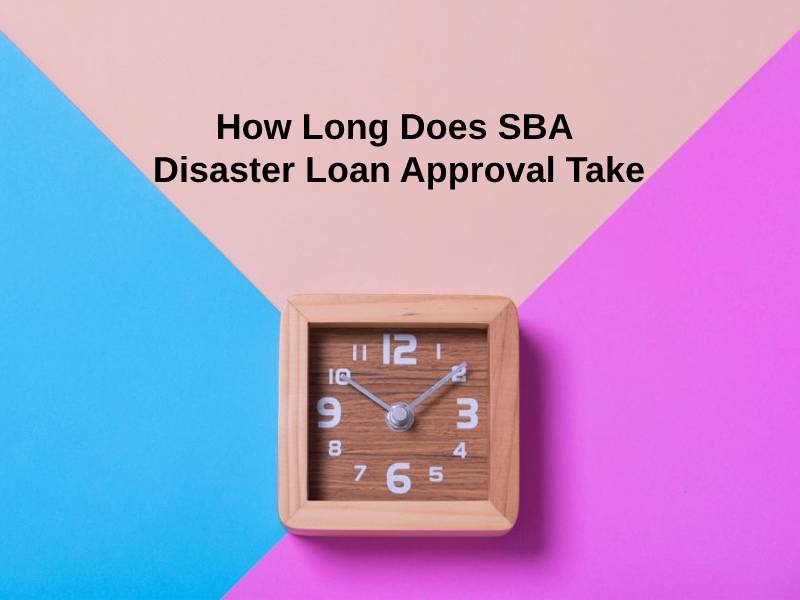
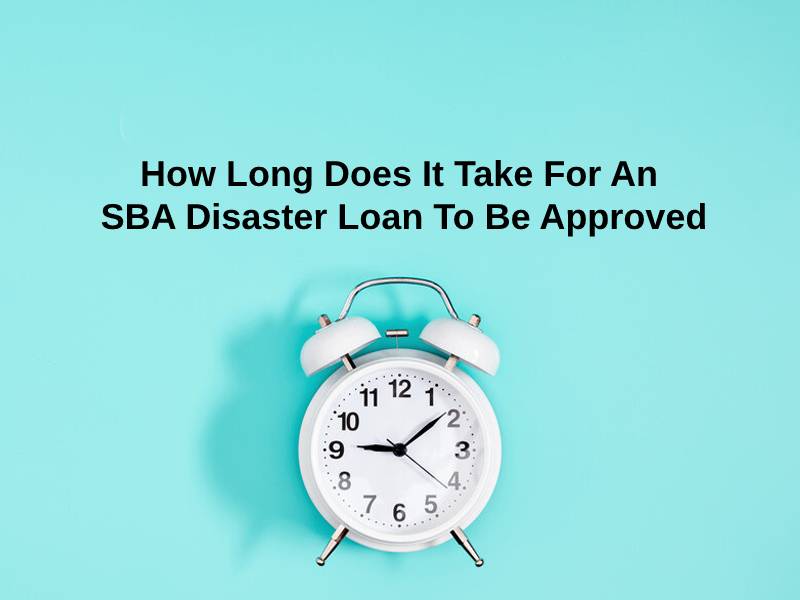


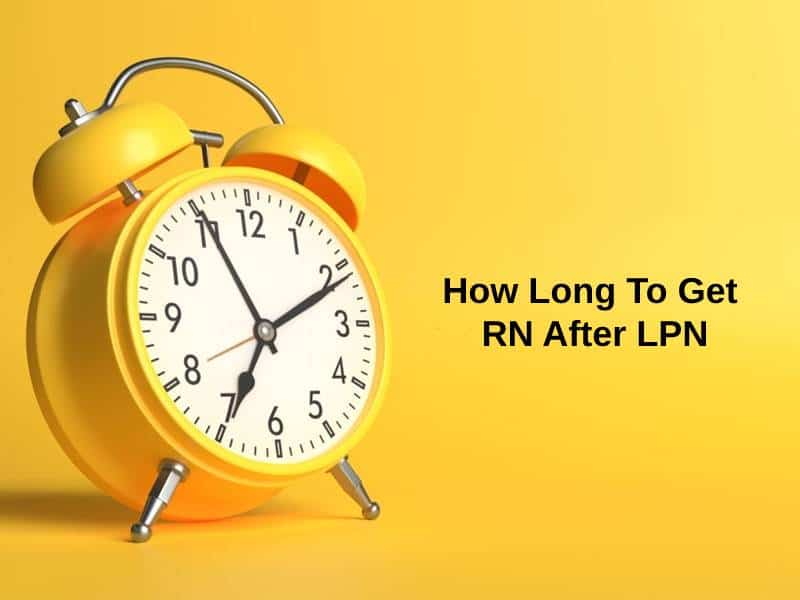
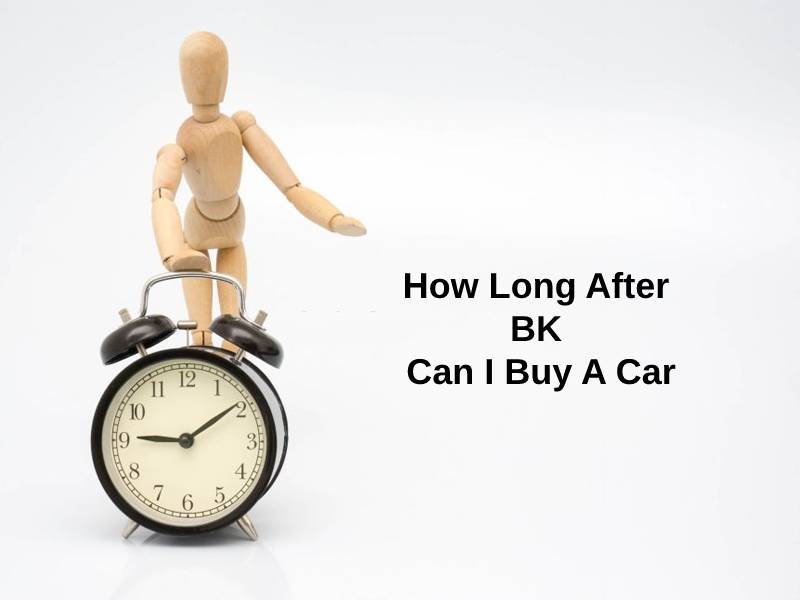
The arguments presented in the article were compelling and well-supported by logical reasoning. It was quite convincing.
Absolutely, Mitchell. The article made a strong case for the rationale behind the waiting period.
Indeed, the article effectively addressed the concerns related to waiting periods and provided a balanced perspective.
I’m still not convinced about the waiting period, especially for those with extenuating circumstances. This article didn’t fully address those concerns.
I understand your point, Eva. It’s an area that could have been explored more in the article.
I’m not convinced that there should be a waiting period at all. Bankruptcy is already a severe consequence, why add more obstacles when people are trying to recover?
But Lee, the waiting period is in place to ensure that individuals have time to rebuild their creditworthiness and prove themselves reliable. It’s actually a fair policy.
It’s understandable, Lee, but lenders need a way to minimize the risk of lending to someone with a history of bankruptcy.
The article effectively highlighted the comprehensive considerations taken into account by FHA in granting loans to individuals post-bankruptcy.
Absolutely, Brussell. It’s crucial to understand the thorough decision-making process involved in such cases.
I found the article to be slightly biased in favor of the FHA, failing to address the potential drawbacks of such policies.
A comical yet insightful explanation of FHA loan eligibility after bankruptcy! I appreciated the clever tone of the article.
The article’s humorous approach made a complex topic more approachable. It was a refreshing change!
Short, succinct, and to the point. A great article that provides valuable insights without being overly verbose.
I found the article’s argumentative approach engaging and thought-provoking. It certainly provided much food for thought.
I agree, David. The article sparked a compelling debate on the topic.
The logical reasoning and argumentative nature of the article made it an intellectually stimulating read.
A very informative piece, this article clarified all my doubts regarding the time frame for applying for an FHA loan after bankruptcy. It’s impressively well-researched and well-written.
I completely agree, Murray. The article provided detailed insights that were very helpful. It’s a must-read!
This article was very well-structured and logical in its arguments. The waiting period makes sense given the nature of bankruptcy.
Yes, it’s crucial to understand the rationale behind such policies, and this article did a great job of explaining it.
I agree, Zkhan. The article effectively presented the reasoning behind the waiting period and special considerations.